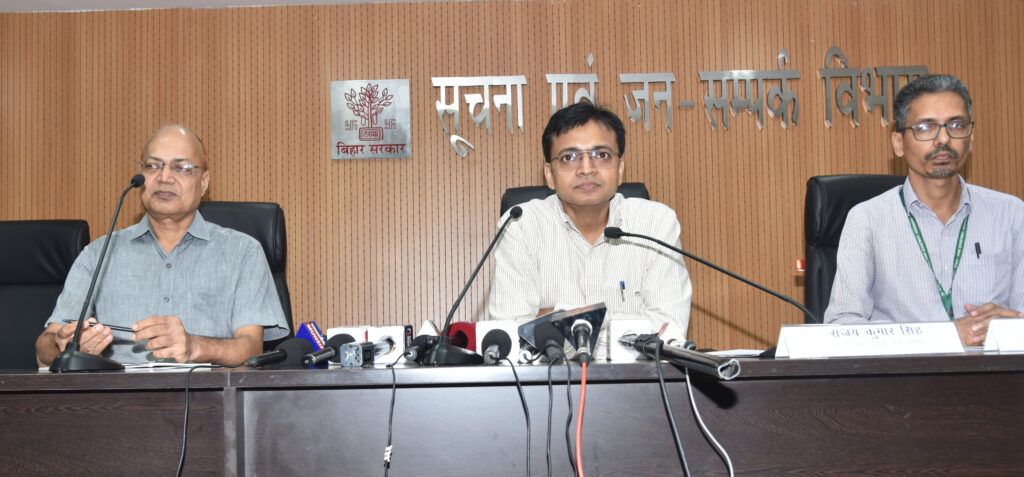Bihar Registers 18% Growth in GST Collection for 2023-24

Chirag Gupta
Patna: Bihar has achieved an 18% growth in GST collection for the year 2023-24, placing it among the top five states in the country, according to the State Tax Commissioner and Secretary of the Commercial Tax Department. The state recorded a growth rate higher than the national average of 13%, continuing a consistent annual increase since 2021-22.
With the implementation of the Bihar Goods and Services Tax Act in 2017, replacing the Bihar Value Added Tax Act, the state’s tax collection efficiency has significantly improved. Since the 2017-18 fiscal year, when tax collection was Rs 17,236 crore, the figure has risen to Rs 38,198 crore in 2023-24, marking a 122% increase over six years.
For the current financial year 2024-25, Bihar has set a target of Rs 42,500 crore in total revenue collection. By August 2024, the state had already collected Rs 15,463 crore, an 8.4% increase compared to the same period last year. The growth is attributed to effective tax administration and the cooperation of taxpayers and businesses.
Bihar has also simplified tax compliance for small taxpayers. Under the Composition Scheme, businesses with a turnover of up to Rs 1.5 crore, and service providers with up to Rs 50 lakh, are required to file only an annual return. The QRMP scheme allows businesses with a turnover of up to Rs 5 crore to file quarterly returns, reducing the burden of monthly filings.
At present, there are over 6.5 lakh registered taxpayers under GST in Bihar. The department has fully transitioned to e-governance, enabling taxpayers to complete most procedures online, reducing the need for physical visits to tax offices.
To address taxpayer concerns, the department has established regular grievance redressal meetings at both the zonal and headquarters levels. Additionally, the Bihar Taxation Disputes Resolution Act, 2024, has helped settle disputes related to pre-GST Acts, benefiting about 2,500 businesses.
The 53rd and 54th GST Council meetings have introduced several taxpayer-friendly reforms, including reduced tax rates on goods such as milk cans and cancer medicines. The Council also implemented measures to streamline tax credit claims and reduce penalties for delayed filings under specific conditions.





